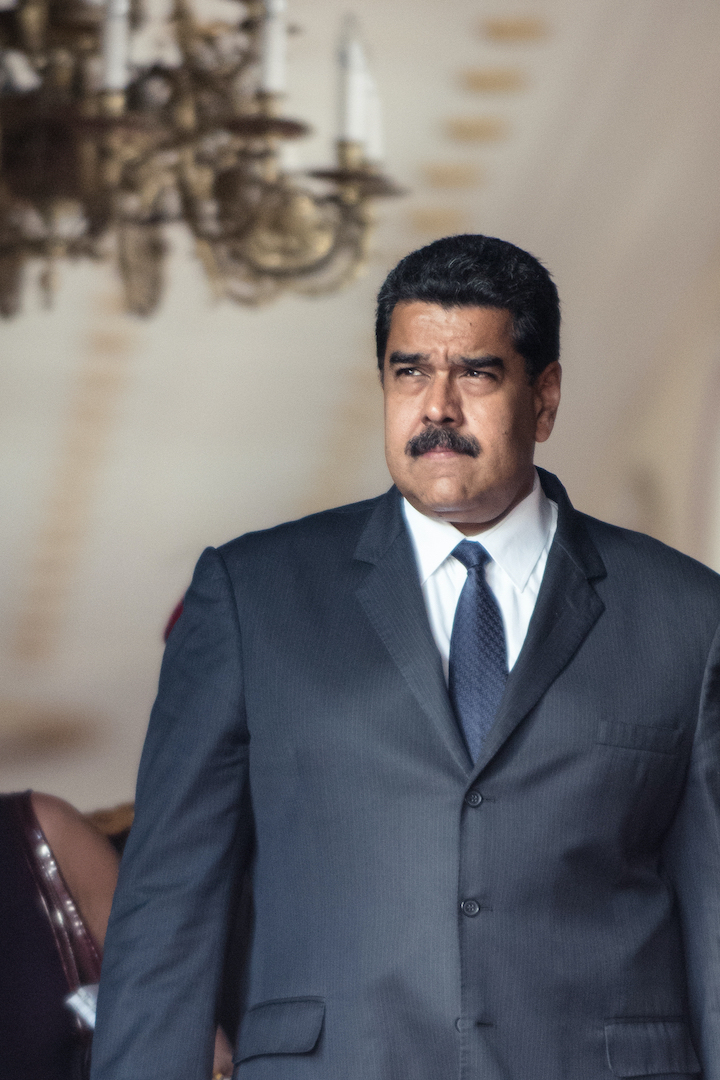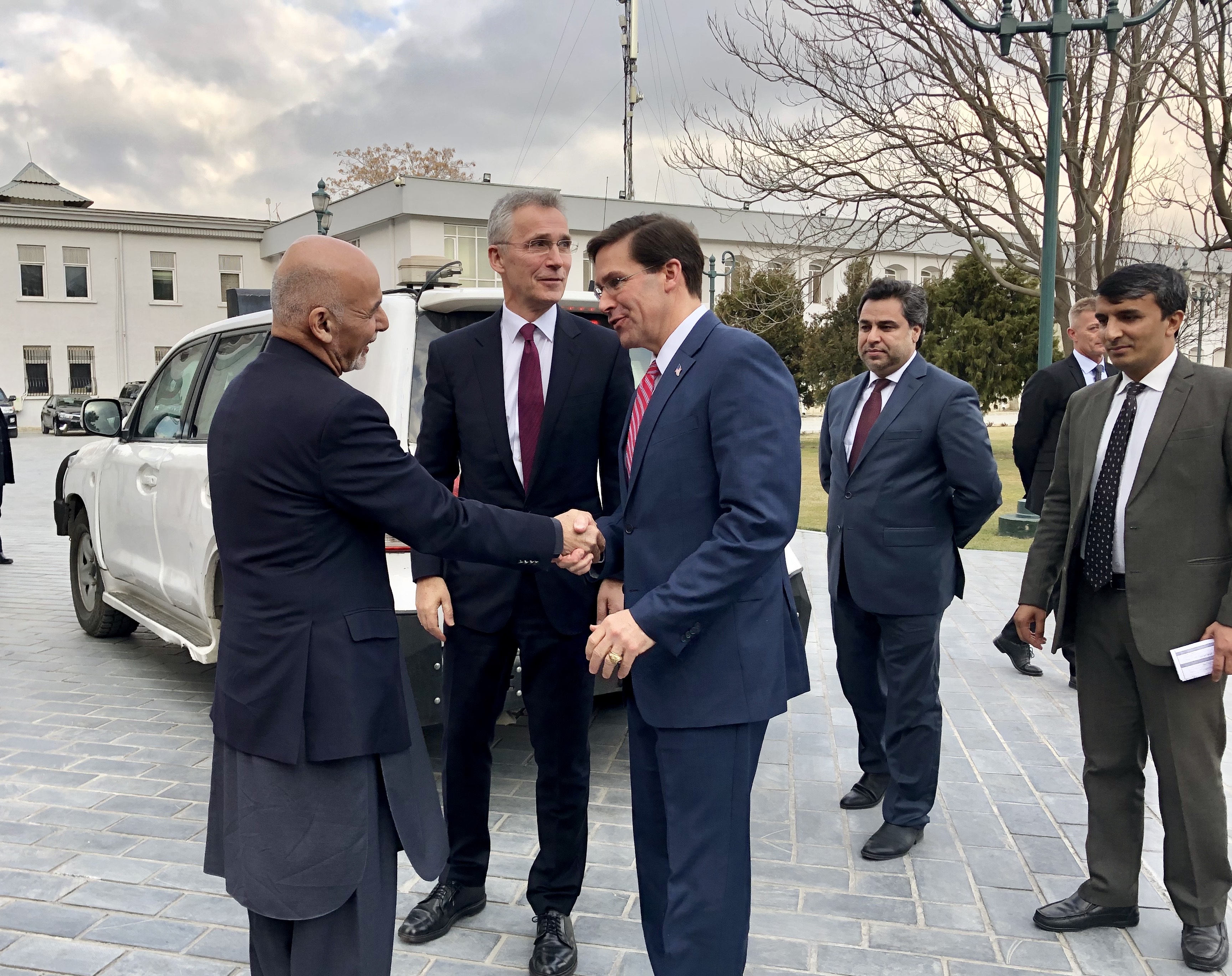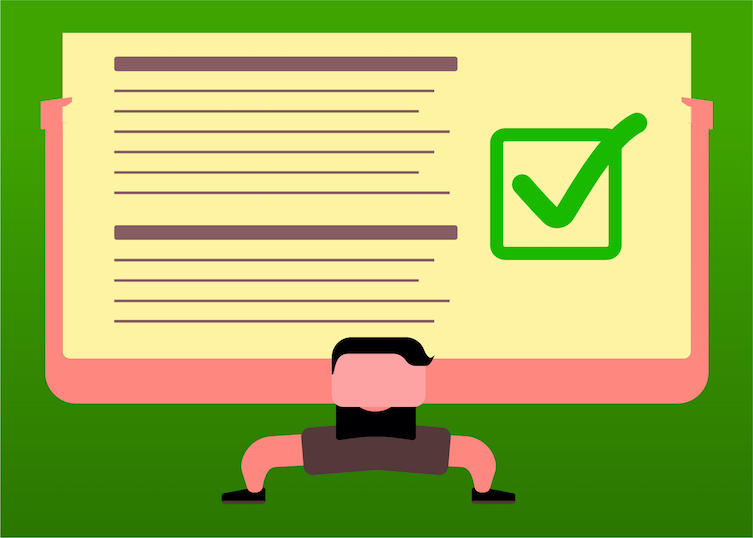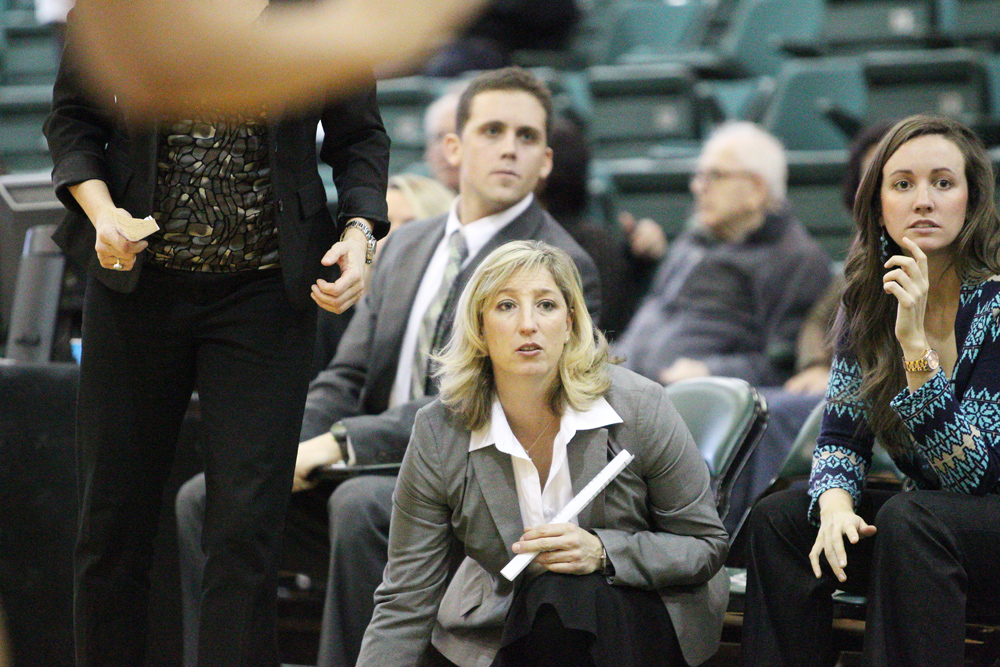Newly elected Venezuelan President Nicolas Maduro as seen exiting a meeting in Caracas. Eneas De Troya/Flickr Creative Commons.
US government indicts Venezuelan president on ‘Narco-terrorism’ charges
The United States government indicted Venezuelan president Nicolas Maduro on March 26 on charges of narco-terrorism. In the latest in a string of attempts aimed at unseating the socialist president of Venezuela, Maduro and members of his administration were charged with a number of crimes, including drug trafficking and corruption, according to Reuters.
Along with the charges, the U.S. State Department announced it will offer up to $15 million for information leading to Maduro’s arrest and prosecution. Maduro is accused of conspiring with a Colombian rebel group to ship cocaine to the U.S. However, it is unlikely that the charges will lead to a trial or conviction, Reuters reported.
The charges come after almost a year of tightening U.S. sanctions on Venezuela, following a failed coup attempt last April by the U.S.-backed Venezuelan opposition leader Juan Guaidó. Despite receiving immediate support from the U.S. and other global powers, Guaidó was unable to levy the domestic support necessary to oust Venezuela’s sitting president in April 2019.
The Trump administration threatened military intervention in Venezuela last summer if Maduro would not step down. Guaidó met with president Trump in Feb. 2020, and has recently redoubled his efforts to unseat Maduro, according to NBC.
President Maduro quickly dismissed the recent U.S. claims regarding drug trafficking, calling Trump a “racist cowboy,” according to independent news outlet Democracy Now! Maduro went on to criticize the U.S. government’s response to the COVID-19 pandemic.
“The U.S. has become a threat to the public health of Latin America, the Caribbean and the world,” Maduro said. “There is no public health system in the U.S. The entire system is private.”
While the U.S. recently became one of the countries struck hardest by COVID-19, with over 300,000 cases recorded as of April 4, Venezuela has seen only five deaths related to the virus under its nationalized healthcare system.
Financial Times reported as the virus spreads, the situation may become dire in Venezuela. The small oil-producing nation has fallen into a deep economic recession under U.S. sanctions, causing shortages of medicine and other necessities—some hospitals lack running water.
Since 2017, U.S. sanctions have been responsible for the deaths of some 40,000 Venezuelans, according to a 2019 study published by the Washington, D.C.-based Center for Economic and Policy Research. In a teleconference with United Nations officials, Venezuelan leaders said challenges faced by the Venezuelan health care system were caused by U.S. sanctions.
Guaidó has criticized Maduro’s response to the worldwide pandemic. Guaidó called for the assembly of a national emergency government to combat the COVID-19 virus. The coalition government proposed by Guaidó does not include Maduro.
The recent U.S. indictments have placed Guaidó himself under renewed scrutiny in Venezuela. Cliver Alcala, a retired Venezuelan general and long-time critic of Maduro, was recently arrested on the same narco-terrorism charges facing the Venezuelan president. Alcala said in a radio interview on March 2 he signed a contract with Guaidó and U.S. officials to organize an armed coup against Maduro, according to AP News.
The recent charges against Maduro and other Venezuelan officials are expected to increase tensions between the U.S. and Venezuela. The Trump administration announced on April 1 that U.S. Navy destroyers, combat ships, aircraft and helicopters, Coast Guard cutters and Air Force surveillance aircraft are being deployed to the region, according to BBC.
Administration officials announced U.S. sanctions on Venezuela will be lifted if Maduro consents to a power-sharing agreement with Guaidó. The agreement proposed by the Trump administration would require Maduro to step aside while a transitional council prepares for new Venezuelan elections, according to BBC.
Support for Guaidó has decreased in Venezuela over the past year, yet unrest has persisted. Shortly after the Trump administration’s indictment was announced, the International Monetary Fund denied a request by Maduro’s government for $5 billion in emergency funds to fight the spread of COVID-19.





